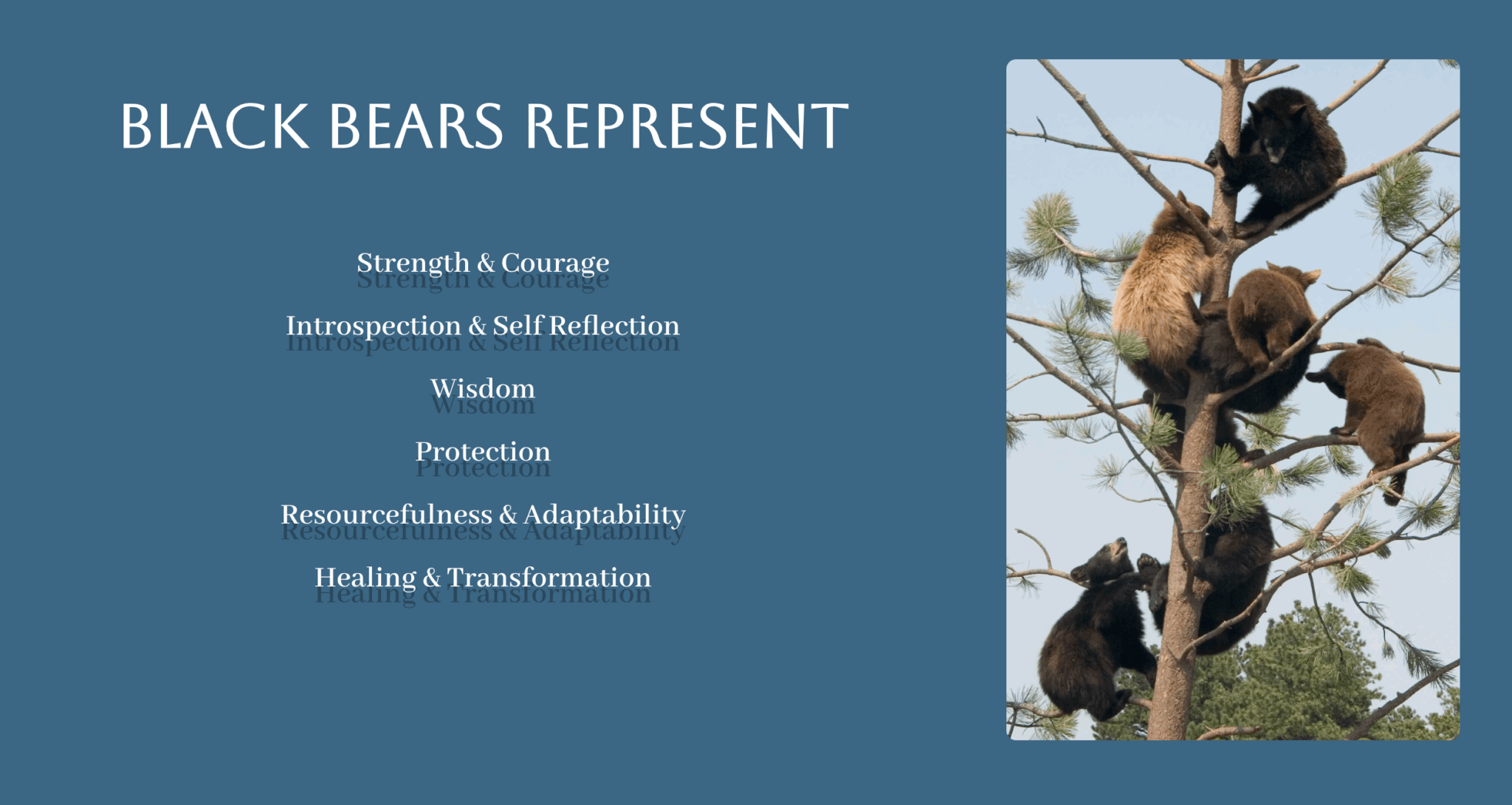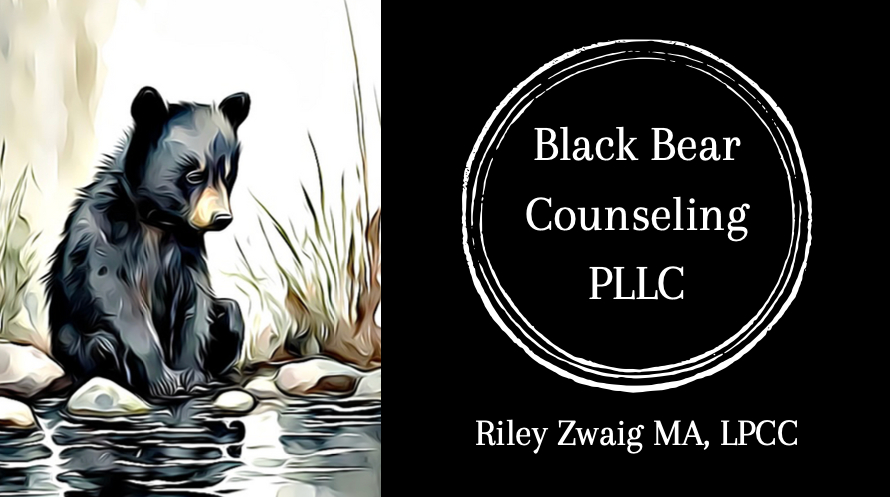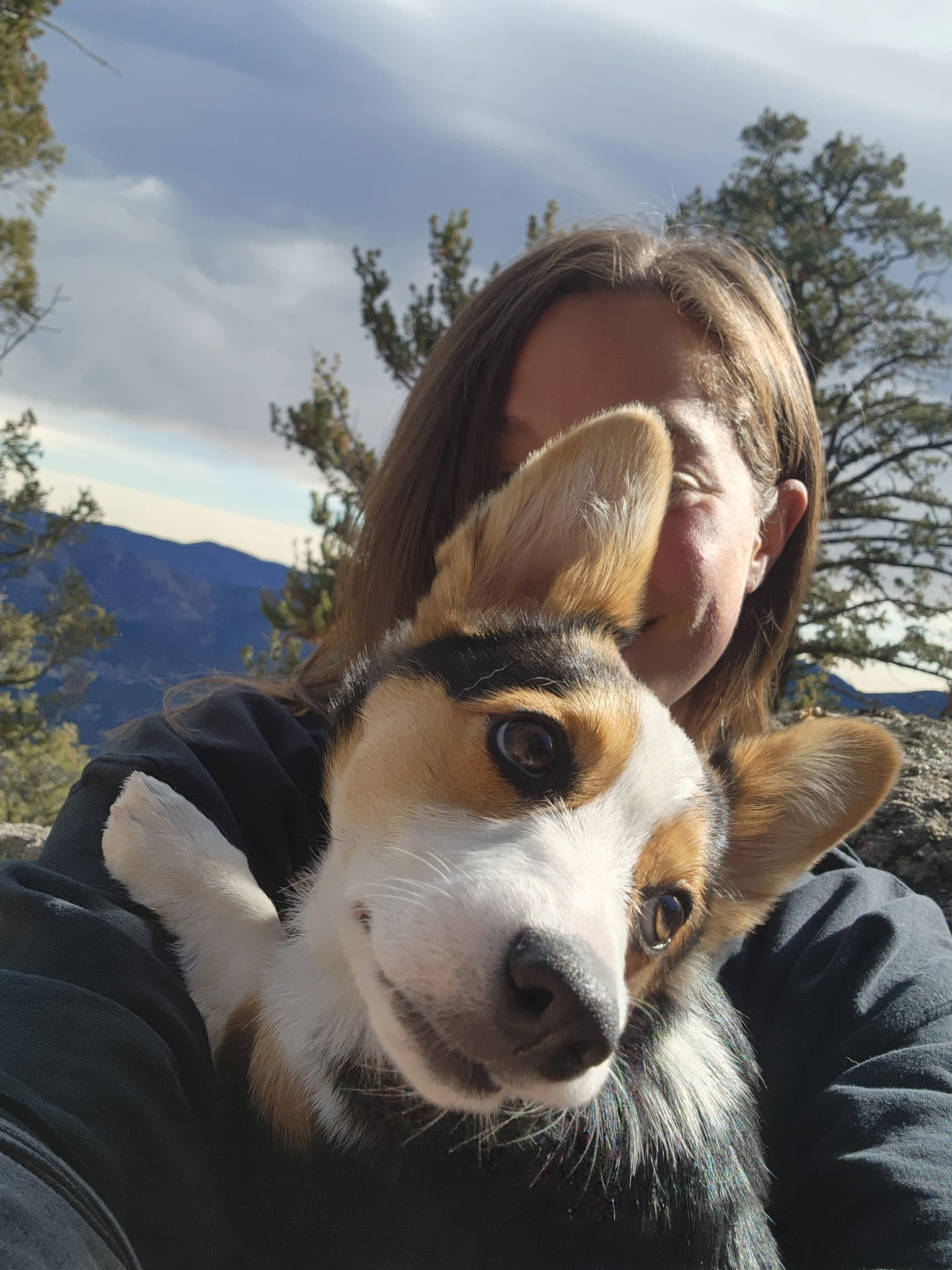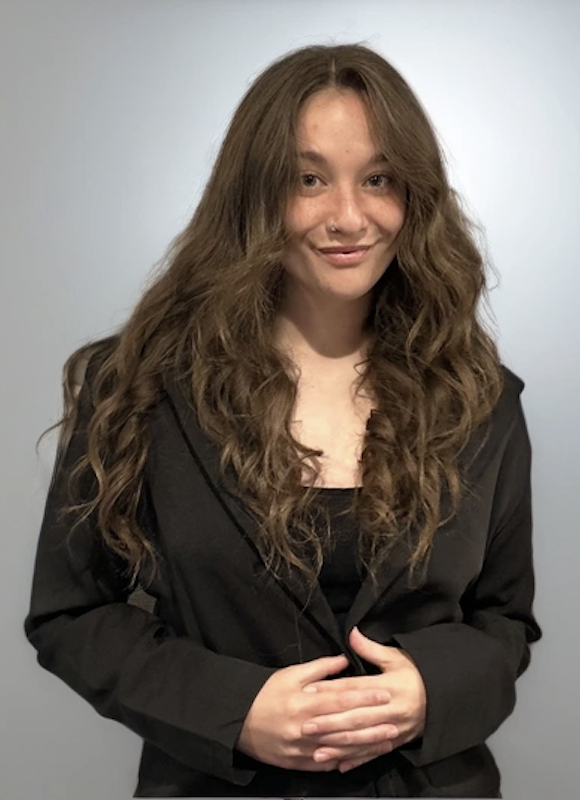We recently connected with Riley Zwaig and have shared our conversation below.
Hi Riley, thanks for joining us today. Can you open up about a risk you’ve taken – what it was like taking that risk, why you took the risk and how it turned out?
I took a risk when I decided to leave agency work and invest in my own practice. I left a full case load, consistent income, a supportive team and a sense of safety. I wasn’t unhappy and I truly valued the work and the people around me, but beneath that comfort, I sensed that I was holding myself back from something more, something I deeply wanted but was too afraid to pursue.
For a long time, I convinced myself I was content working for someone else. In reality, I was afraid to step out on my own, to create something that was truly mine. Through some honest introspection, I asked myself: What am I really afraid of? What does failure mean to me? Would I be able to look back on my life and feel proud of choices made out of fear?
My answers were somewhat surprising. I realized I was actually more afraid of success than anything else—of actually making my dreams a reality because, that would mean that all along I had the power to but didn’t. It would mean that I would have to grieve the time I spent doubting and questioning myself. When I put the inner critic aside, I know that both failure and success are constructs, states of mind, that are and always will be in my control. I knew I wouldn’t be able to look back and feel at peace if I kept making choices rooted in fear.
Coming to these realizations was humbling, especially since I spend my days empowering clients to act from their values and to make courageous choices. At that moment, I knew it was time to take my own advice and take the leap to begin building the practice I always envisioned. I invested in an office space, connected with other independent practitioners, leaned on wise and ambitious mentors, built a website, created a Psychology Today profile, and started networking with others who had overcome similar barriers.
I am still in the process of building my practice and have more to do, but now I know for sure that I am capable, competent and worthy of taking risks— that bumps in the road are not failures but opportunities to level up and reorient to what matters.
Ultimately, it wasn’t even the specific risk that I took that was so meaningful but the act of proving to myself that I can take a risk and that I can bet on myself! That nothing is holding me back except the inner critic and the self doubt that echoes in my mind and that potential isn’t determined by external circumstances, but on the internal narrative we tell ourselves.

Riley, love having you share your insights with us. Before we ask you more questions, maybe you can take a moment to introduce yourself to our readers who might have missed our earlier conversations?
👋I’m Riley Zwaig, and I’m the owner of Black Bear Counseling, PLLC. I’m psychotherapist dedicated to helping people reclaim control of their lives and find peace within themselves. My journey to this profession wasn’t exactly a straight line. Growing up in a family of legal professionals, I initially assumed law school was my path, but during my senior year at Penn State, as I was preparing for the LSATs, I had a powerful realization that my true passion lay not in the legal system, but in helping people navigate their most challenging moments.
Since then, I’ve had the privilege of working with diverse populations in a variety of settings. I’ve supported individuals struggling with body image and eating disorders at inpatient, residential, and partial hospitalization levels. I’ve provided community mental health services to those battling depression, anxiety, trauma, grief, addiction, shame, and suicidal ideation. And I’ve also worked with young adults experiencing their first episodes of psychosis.
My most recent experience has been working with adults, in the legal system, who have committed a sexual offense. A population that has challenged me in the most meaningful and transformative way– not just as a therapist, but as an individual on my own journey towards self-actualization. It’s reinforced my belief that with the right support and a dose of courage, we are all capable of genuine and meaningful change. It’s also taught me that none of us are immune to acting outside of our character, and that taking responsibility for our lives is the bravest and most healing thing we can do.
Now, in my private practice, I offer individual counseling to people who are, simply put, battling with themselves. I utilize an existential, solution-focused approach to provide a compassionate space where you can:
1. Take back control of your life: Break free from patterns that are holding you back and step into your power.
2. Heal your relationship with your body: Cultivate self-acceptance and develop a healthier, more positive body image.
3. Make choices rooted in confidence and courage: Overcome fear and self-doubt, and start living in alignment with your values.
4. Find direction: Discover your purpose and create a meaningful path forward.
5. Feel at peace with yourself and your life: Cultivate inner calm and resilience in the face of life’s challenges.
I create a counseling experience that is both deeply reflective and practically empowering, helping clients address abstract concepts like acceptance, meaning, purpose, and freedom and translate those into practical, actionable steps that will bridge the gap between where they are and where they want to be.
I want future clients to know that when we work together, I am working with you—not just your problems—to help you find a path forward and get unstuck! I rely on the power of play and humor in helping individuals gain perspective, cultivate resilience, and reconnect with a sense of joy and peace that allows them to navigate life’s challenges with equanimity and authenticity.
I’m most proud of the moments when I see my clients experience breakthroughs, when they start to believe in themselves again, and when they begin to create lives that are truly fulfilling.
If you’re feeling stuck or at a loss for where to go next, I want you to know that I’m here to help. When we work together, we’ll collaborate to find a path forward that feels authentic and empowering. I invite you to reach out and schedule a free consultation. Let’s start your journey towards a more peaceful and fulfilling life.

What’s a lesson you had to unlearn and what’s the backstory?
One of the most powerful lessons I’ve had to unlearn—and am still actively working on—is the belief that “I can’t.” Over the years, I’ve realized that meaningful and lasting change often comes not from learning something new, but from unlearning the old stories and patterns that keep us stuck.
For me, “I can’t” became an automatic, reflexive thought—something I’d say to myself dozens of times a day without even noticing. It felt like a fact, not a belief. Addressing it meant confronting a major shift in my identity, and for a long time, I wasn’t ready for that.
The internal voice of “I can’t” left me paralyzed, caught in a cycle of comparison, self-doubt, and inaction. It was easier to believe I couldn’t than to risk failure, rejection, or embarrassment. Looking back, I can’t pinpoint the exact moment I realized “I can’t” was just a defense mechanism—a way to keep myself safe—but recognizing it was a turning point. It allowed me to start redefining my relationship with myself and reclaim some control over my choices.
Now, when I catch myself thinking “I can’t,” I pause and ask:
What am I actually afraid of?
What age does this voice sound like?
What would it mean if I could?
I let myself sit with the possibility that I am capable, even if it feels uncomfortable. I try to bring a sense of playfulness and curiosity to the situation, which helps me keep things in perspective and reduces any pressure to be “perfect.”
Most importantly, I remind myself that believing “I can” doesn’t mean I never ask for help or won’t make mistakes. It simply means I’m allowed to try, and whatever happens afterwards is okay.
On busy days, when I don’t have time for deep reflection, I use neutral mantras to disrupt the negative cycle like:
“I can at least try and see what happens.”
“I can learn as I go.”
“It doesn’t have to be perfect.”
Unlearning “I can’t” is ongoing work, but each time I challenge it, I take back more of my power. If you find yourself stuck in the same loop, I invite you to try these questions or neutral mantras—sometimes, the smallest shift can spark the biggest change.

Putting training and knowledge aside, what else do you think really matters in terms of succeeding in your field?
Three things: Be real, practice what you preach, and laugh as much as you can.
I know it might sound cheesy, but I promise, if you can master these skills, you will have a far more meaningful, enjoyable, and long-lasting career.
Be real…
No one wants to talk to a robot and if they do, they can use chat gpt. If someone is coming to see you, then be you. The therapeutic relationship is one of the strongest predictors of client success so don’t be afraid of bringing yourself into the room. Model what it means to be authentic, genuine, and human. Too much of life is now spent online, comparing ourselves to curated versions of others, so let the therapy room be a space of respite, where you and the client can form an honest connection based in reality.
Practice what you preach…
Don’t hold double standards for yourself and the client. If you are advocating for your client to be brave and take risks, then do it for yourself. If you are encouraging your client to set boundaries, prioritize self care, and slow down… then make sure you’re doing the same. Not only will you become a more confident, competent and authentic clinician– which will help foster a more meaningful therapeutic dynamic– but you will be able to do this work for much longer. Trust in your approach and embrace it for yourself!
Laugh about it!
This profession can be exhausting—much of your day is spent listening to and processing people’s deepest struggles and challenges. Needless to say, it’s easy to get lost in the midst of pain and suffering, but it’s imperative that you don’t—for your own well-being, your clients, and your practice. Find the irony in life and give yourself permission to laugh about it, not as a deflect, but as a way to reconnect with joy and put things into perspective. Playfulness is at the epicenter of my work and my worldview. It’s the thing I can always return to and the medium through which I make my most meaningful connections. Embracing playfulness helps me to stay grounded, creative, and open to new possibilities, both inside and outside the counseling room.
Contact Info:
- Website: https://blackbeartherapy.com/
- Yelp: https://www.yelp.com/biz/black-bear-counseling-broomfield?osq=black+bear+counseling
- Other: https://www.psychologytoday.com/us/therapists/black-bear-counseling-pllc-broomfield-co/1360361



